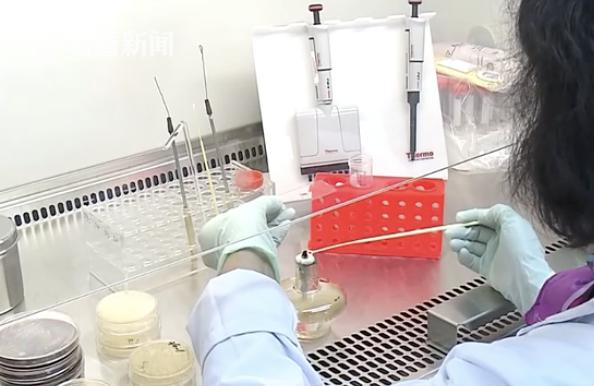Recently, the U.S. Department of Health and Human Services released the 15th edition of the Carcinogen Report, which for the first time listed chronic infection of Helicobacter pylori as a definitive carcinogen. According to conservative estimates by the World Gastroenterology Organization, at least half of the world's population is infected with Helicobacter pylori. In our country, the average infection rate of Helicobacter pylori is 59%, of which the infection rate of children averages 40%.
So, what exactly is Helicobacter pylori? Helicobacter pylori, also known as Helicobacter pylori, is a spiral-shaped, micro-aerobic bacterium that colonizes the human stomach for a long time and causes chronic inflammation, mainly through mouth-to-mouth, fecal-oral transmission.

In China, Helicobacter pylori infection "one person gets sick, the whole family infection" is not uncommon, mainly because the family meal system makes Helicobacter pylori infected through saliva.
Experts say that even if infection with Helicobacter pylori is confirmed, patients do not need to be overly nervous, and the vast majority of people can achieve bacterial eradication through oral drug treatment within two weeks. In addition, germs do not necessarily need to be eradicated, insufficient treatment or overtreatment is harmful, and the general population without obvious clinical symptoms does not have much need to treat.
(Editor: Zhai Jing Intern Editor: Fan Shiyan)